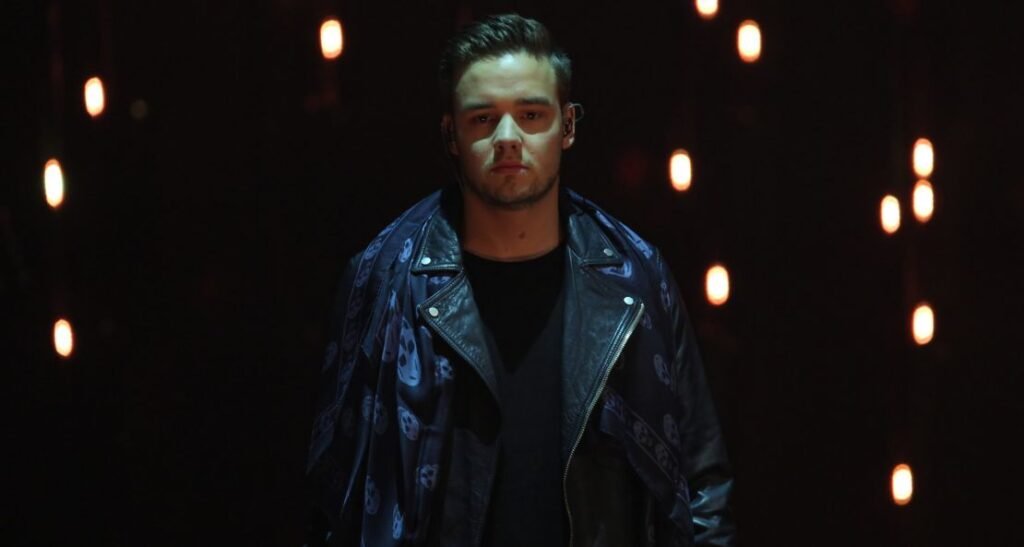I saw the news at 6 pm as I closed my tabs and signed off to leave the office.
“Did you just see this headline?” I asked my colleague, Geoff, who mirrored my astonishment.
Our other coworkers exchanged looks—clearly, we were the only ones young enough to care about the boy band.
He laughed nervously and joked about Reuters breaking the story first.
Neither of us could place the feeling—were we sad, scared, or suspicious?
Mostly, I felt old.
I know Payne was only 31. Still, I felt like I was looking down on myself from above, a mid-twenties stranger, face aglow from the blue light of her desk monitor, grieving the girl who begged her mom to drive her six hours to see One Direction perform their first album, Up All Night, in Charlotte, North Carolina (a random pick for a DC native).

Where was the girl who stayed up late with her sister surfing YouTube for clips of Harry’s X Factor audition and backstage bloopers of the boys on tour? Now I write about leveraged finance.
The truth is, I don’t think a lot of us ever outgrew One Direction. I think they outgrew us.
I never stopped listening— I Would for serotonin on a bad day, She’s Not Afraid for motivation on a run, More Than This when I need to be dramatic in the car.
Fireproof didn’t become a favorite until I fell in love. Night Changes hits harder than ever.
“Are you crying in there?” my roommate asked when she entered the bathroom and heard Gotta Be You blaring from the shower.
A few of my friends likened Payne’s death to that of Cory Monteith—nostalgic, tragic.
Another said her friend of a friend is friends with Payne’s girlfriend, and her heart goes out to her.
It’s strange to mourn someone who occupies such a gray space of relevancy—whether in your life or in pop culture.
It’s like when you hear someone from your past has died, someone you once saw every day, like a classmate or a neighbor, but you haven’t seen them in years.
You grieve the closeness you once had knowing their absence won’t affect your daily existence, knowing you knew little about their last days or who they became, knowing you don’t have the same rights to grief as those whose daily lives it does affect. And yet.
Such is the case with Liam — I’ve hardly followed the controversies of the abuse allegations, and hardly listened to his solo music beyond Strip That Down for Me.
The next song that came on my shower shuffle, Carole King’s It’s Too Late, puts it best: “Still, I’m sad for what we had, and how I once loved you.”


